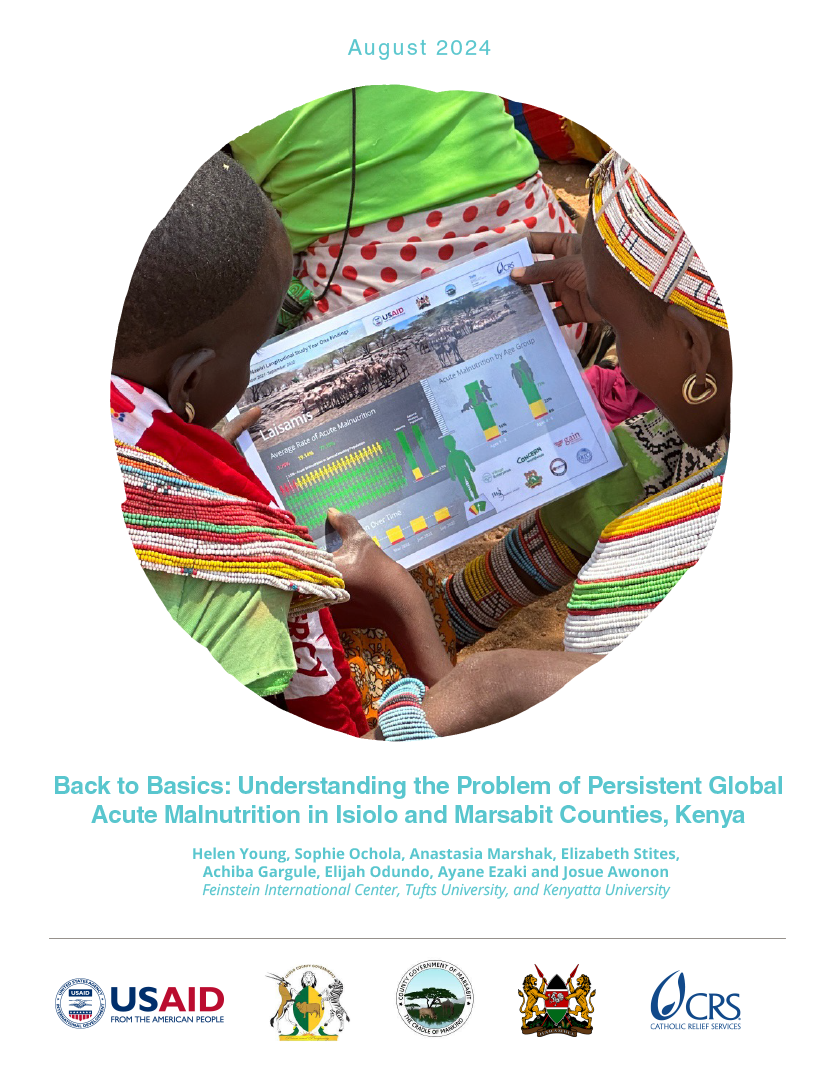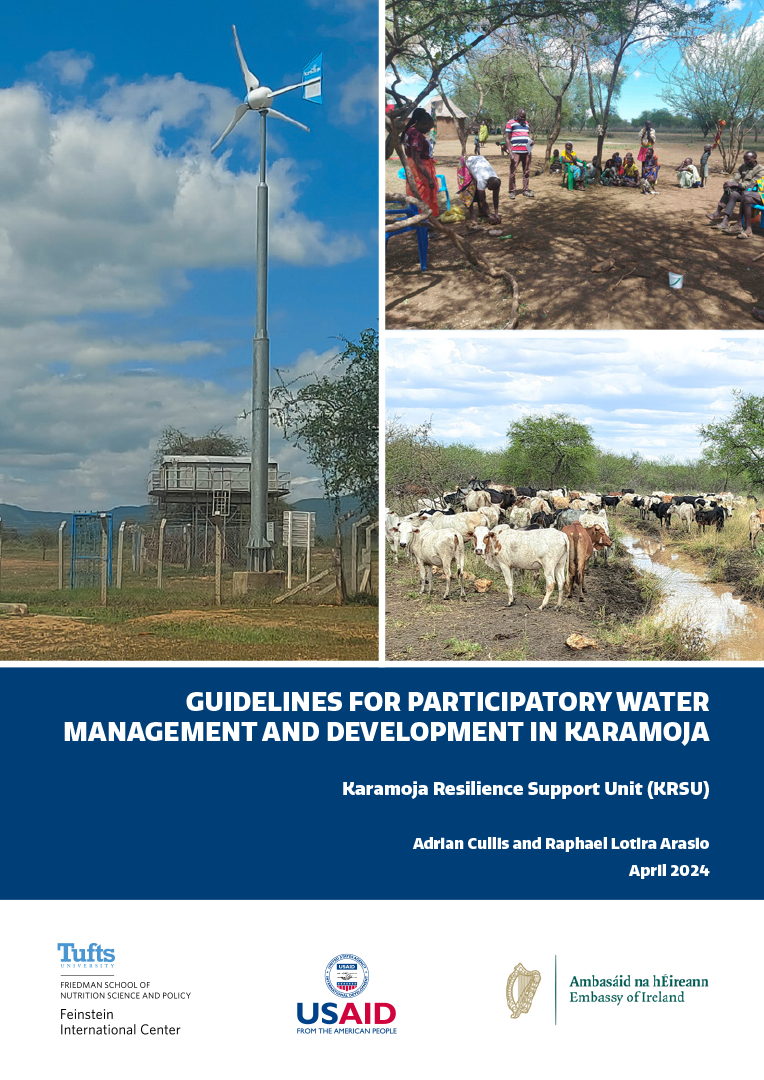African Risk Capacity, with the support of the United Nations Office for the Coordination of Humanitarian Affairs, has designed an anticipatory insurance product to support farmers in the drought-prone regions of Malawi and Zambia.
The anticipatory approach is innovative because the insurance pays out when forecasts predict a drought, rather than after drought-related losses and damages have occurred.
This report explores the potential costs and benefits of the insurance product and proposes a framework for monitoring and evaluating these factors once the product is implemented. Costs and benefits are assessed with an economic model, supported by qualitative data collected from key stakeholders.
The results of this research are intended to assist government decision-makers by providing insights into potential challenges and successes associated with the product’s implementation. Additionally, the research may offer a useful framework of considerations for the expansion of this initiative to other countries.







